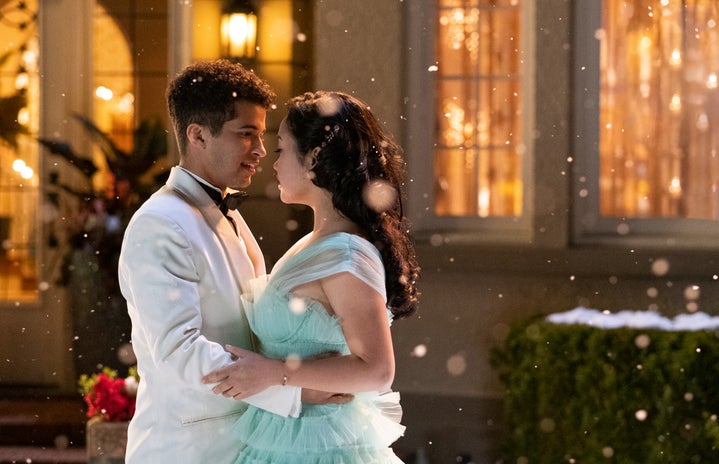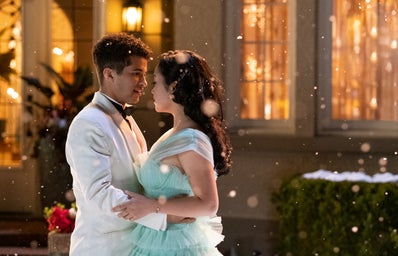I’ll be honest. I’m just as sappy as the next girl. The Notebook? I cry every time. He’s Just Not That Into You? Hilarious. Friends With Benefits? Always a hit. However, when you start to examine these movies deeper, you start to find inconsistencies and unhealthy portrayals of romantic relationships. Think about Mark delivering his famous “To me, you are perfect” scene to Juliet in Love Actually. If this scene has ever given you the creeps, you have the right idea.

Keeping with the Love Actually example, many modern-day romance films are teaching the new generation that sex is equal to love– it does not matter how terrible you treat a woman and borderline stalker behavior is “romantic.” Take it from feminist Lindy West, author of “I Rewatched Love, Actually and Am Here to Ruin It for All of You,” who does not believe these modern-day romantic gestures are at all appropriate. “Thank you for telling a generation of men that their intrusiveness and obsessions are ‘romantic,’ and that women are secretly flattered no matter what their body language says.”

When you start to think about it, the examples are endless. How many times have you seen a romance film where the girl rejects the guy, only for him to show up at her doorstep the next day professing his love and they live happily ever after? What happened to “no means no”? In a society where feminism, consent, and respecting a “no” is all so praised, why is this not portrayed in films?
According to social psychologist Steven Eggermont, “Adolescents look at romantic relationships as a new context for several significant features of an individual’s personal life, such as affiliation, attachment, and sexuality.” He goes on to explain how the portrayal of love in mass media is a direct influence on adolescents’ opinions and views regarding romantic relationships. The impressionable new generation should not be obtaining romantic ideals from these films, especially when these are the formative years of their opinions.

The bottom line? Hollywood needs to do better. Romance films from the 20th century were tender, beautiful, and focused on character development. It seems as though romance films of today focus on sex and obsession. If our young adolescents are going to be forming their opinions of love based on movies and TV shows, they should at least be realistic, healthy examples.
Photos: Her Campus Media Library





